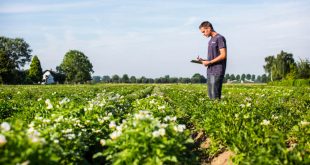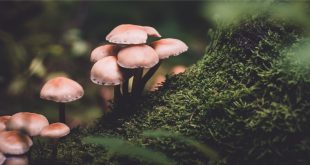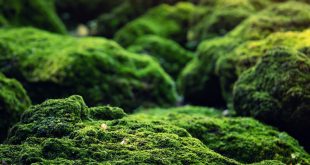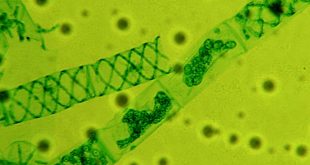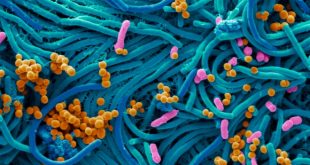“How strange and chaotic life it become if it were possible to abandon the use of names for the identification of everything we see, make, or handle. The acquisition and dissemination of knowledge would become impossible, and the business of the world could not go on.”-Macself in Johnson, 1971 A …
Read More »TimeLine Layout
June, 2022
April, 2022
-
13 April
Release of An Improved Variety from Lab to Farmers: Part 2
A variety is a genotype or group of genotypes approved for commercial cultivation by the Variety Release Committee and the Bangladesh government. A variety is also termed as ‘cultivar.’ The new variety should have morphological, physiological, and biochemical traits that set it apart from existing cultivars. In addition, it should …
Read More » -
2 April
Release of An Improved Variety from Lab to Farmers: Part 1
The ultimate aim of any breeding program of any lab is to develop varieties superior to the existing ones in yielding ability, disease and insect resistance, and other characteristics. The release of a strain for use as a variety is based on a conclusive demonstration of its superiority over the …
Read More »
March, 2022
-
13 March
Introduction: Microbiology, Microorganism and Contribution
Microbiology (Greek word; micros “small” and bios “life”) is one of the most important branches of science which has been contributing to so many sectors like medical, soil, food, etc. Microbiology is a part of scientific study that deals with small organisms which can’t be seen by the naked eye …
Read More » -
11 March
Fungi: Importance in Economy
Fungi (singular: fungus) are a kingdom of generally multicellular eukaryotic creatures that are heterotrophic (cannot produce their food) and play essential roles in ecosystem nutrient cycling. Fungi are a diverse group of creatures that can be found in almost any ecological niche. Fungi number around 1.5 million species. Only roughly …
Read More » -
6 March
Bandarban: Where Heaven of Nature Meets Wild Blue Yonder
Bangladesh is blessed with a plethora of interesting spots to visit. The country has a lot to offer for a pleasant and educational trip, from gorgeous natural areas to historical landmarks. For its daring, unusual, and scenic terrain, the most isolated and least populated Bandarban is a popular destination among …
Read More » -
5 March
Bryophytes: Extensive Habitats and Distributions
Bryophytes are simple non-flowering, non-vascular land plants that reproduce through spores rather than flower or seeds. Bryophytes are often known as a junction or bridge between lower cryptogams and higher cryptogams. Since bryophytes reproduce via spores, their lightweight spores have been dispersed by the wind all over the world, in …
Read More » -
5 March
Phycology: An Introduction to Algae and Its Study
Phycology, generally referred as algology, is the study of algae, a diverse group of mostly aquatic plants that range in size from microscopic forms to shrubs or trees. The word phycology comes from the Greek word phykos, which literally means “seaweed.” They are the major producers in the food chain …
Read More »
February, 2022
-
27 February
Microbiology: Notable Pioneers and Their Contributions
Microbiology is an eminent subfield of biology. This sub-sector is concerned with organisms (that can only be seen through a microscope and cannot be seen with the naked eye), specifically microorganisms, their characteristics, functions, classifications, and methods to exploit and control their activities for human benefit. Microbiology began to flourish …
Read More » -
25 February
Microbiology: An Introduction to Its Range of Scopes
Microbiology is a study that studies a biologically varied group of usually small life forms, primarily bacteria and viruses. More than simply bacterial species were included in the diversity of microorganisms by the end of the classical Golden Age of microbiology. Other fields, in addition to bacteriology and virology, were …
Read More »
 Plantlet The Blogging Platform of Department of Botany, University of Dhaka
Plantlet The Blogging Platform of Department of Botany, University of Dhaka

